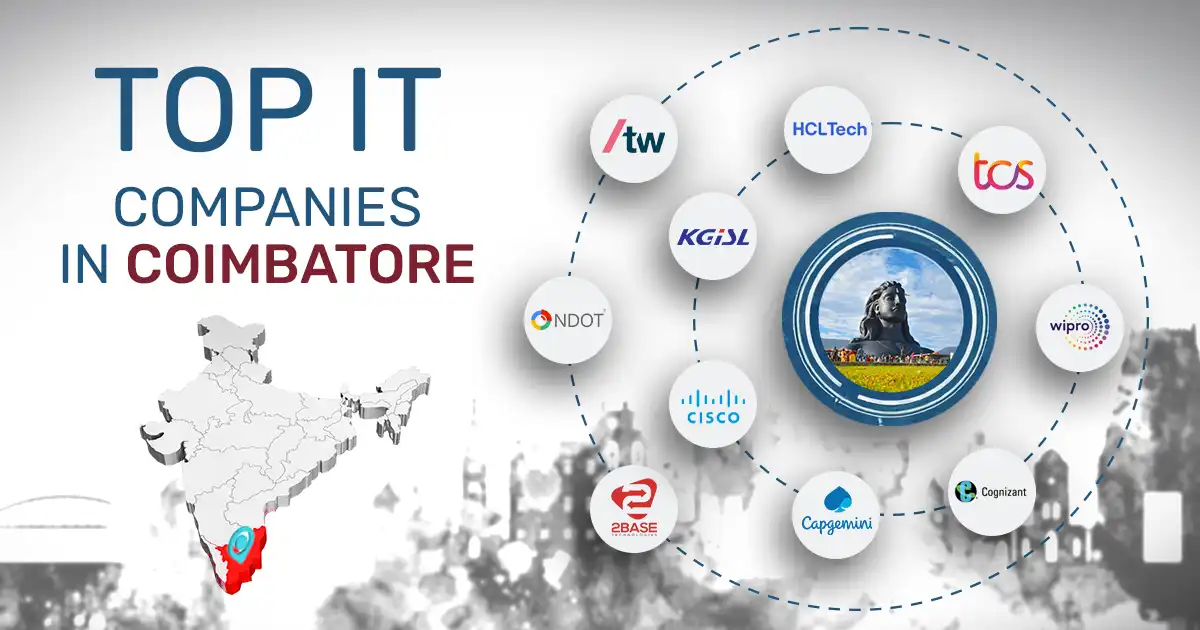
Introduction
The Insolvency and Bankruptcy Code (IBC) has redefined the landscape of insolvency management in India, placing significant emphasis on transparency and efficiency. A crucial part of this framework is the role of the registered valuer, who plays a vital role in determining the fair market value of assets during insolvency proceedings.
This ensures that all parties, including creditors, debtors, and other stakeholders, have a clear understanding of asset valuations, which is essential for resolution plans and liquidation processes.
Who is a IBC registered valuer?
A registered valuer meaning is an individual or entity that has been certified by the Insolvency and Bankruptcy Board of India (IBBI) to assess and determine the fair market value of assets during insolvency or bankruptcy proceedings.
Their work ensures the valuation of assets is conducted transparently, providing confidence to stakeholders involved in the insolvency process. registered valuers are instrumental in creating a fair and realistic resolution plan, and their reports are vital for creditors and debtors to make informed decisions.
Read blog: Cost of Company Registration in India: A Complete Breakdown
Definition and Scope of Work of Registered Valuer
The registered valuer plays an essential role in the resolution of insolvency cases under the IBC framework. Their primary task is to accurately assess the market value of assets such as land and buildings, machinery, securities, and financial assets. This valuation is not only a critical step in the insolvency process but also ensures fairness and transparency in asset distribution.
Key Responsibilities of a Registered Valuer:
- Asset Valuation: Determining the fair market value of various assets during insolvency proceedings.
- Report Preparation: Drafting detailed and comprehensive valuation reports, which provide an analysis of valuation methods, assumptions, and conclusions.
- Stakeholder Communication: Communicating with resolution professionals, creditors, and other stakeholders to clarify or resolve any questions regarding asset valuation.
- Compliance: Ensuring that all valuations are conducted following IBBI guidelines and industry standards.
The scope of work for a registered valuer extends beyond merely determining asset values. They must adhere to specific valuation standards, maintain impartiality, and continuously update their knowledge of market conditions and legal frameworks.
Qualifications and Eligibility Criteria
To become a registered valuer under the IBC, there are specific qualifications and eligibility criteria that must be met. The IBBI has outlined these requirements to ensure that only individuals with the requisite knowledge, skills, and experience can assume this critical role.
Educational Requirements:
- A bachelor’s degree in a relevant field, such as:
- Finance or Commerce
- Engineering or Technology
- Law or Architecture
- Professional qualifications like CA (Chartered Accountant), CS (Company Secretary), or CMA (Cost Management Accountant) are also acceptable.
Work Experience:
- A minimum of three years of work experience in asset valuation or a related field is required. This experience ensures that the individual has the practical knowledge necessary to assess assets accurately.
Training Program:
- Aspiring valuers must complete a 50-hour training program conducted by a recognized Registered Valuer Organization (RVO). These programs cover critical topics such as valuation methodologies, legal frameworks, and ethical considerations.
Valuation Examination:
- After completing the training, candidates must pass the Valuation Examination conducted by IBBI. The exam assesses candidates’ knowledge of:
- Valuation techniques
- Compliance with legal standards
- Specific asset classes such as land and building, plant and machinery, or securities and financial assets.
These qualifications ensure that only highly competent professionals are registered as valuers under the IBC.
Registration Process For Registered Valuer
Becoming a registered valuer involves a step-by-step process governed by IBBI to ensure only qualified individuals are certified, following steps are:
1. Enroll with an RVO
The first step is to enroll with a registered valuer Organization (RVO) recognized by IBBI, such as ICAI RVO, ICSI RVO, or others. RVOs provide guidance, mentorship, and resources to help you complete the training and prepare for the valuation exam.
2. Complete the Training Program
Once enrolled, candidates must complete the mandatory 50-hour training program. This training is designed to provide aspiring valuers with comprehensive knowledge about valuation standards, methodologies, and legal requirements.
3. Pass the Valuation Examination
After completing the training, candidates must appear for and pass the Valuation Examination for the specific asset class they wish to specialize in. The examination tests the candidate’s understanding of various valuation techniques, compliance with legal standards, and the ability to apply these principles in real-world scenarios.
4. Submit Your Application
Once the candidate passes the exam, they can apply for registration with IBBI through their online portal. The application requires the submission of several documents:
- Educational certificates
- Work experience letters
- Training completion certificate from the RVO
- Valuation exam passing certificate
5. Document Verification
IBBI will verify all submitted documents to ensure that the applicant meets the required standards. Any discrepancies or incomplete documentation can delay the registration process.
6. Obtain Registration Certificate
After the verification process is complete and all criteria are met, the IBBI will issue the registered valuer certificate. This certificate authorizes the individual to practice as a registered valuer under the IBC framework.
Role of IBBI in Monitoring and Regulating Registered Valuers
The Insolvency and Bankruptcy Board of India (IBBI) plays a pivotal role in the regulation and monitoring of registered valuers. The IBBI ensures that valuers adhere to the highest standards of professionalism, integrity, and ethical conduct.
IBBI’s Key Responsibilities:
- Establishing Standards: IBBI establishes guidelines and standards for valuation practices, ensuring consistency and fairness in asset assessments.
- Monitoring Compliance: IBBI monitors the activities of registered valuers, ensuring that they comply with legal frameworks and industry standards.
- Certifying RVOs: IBBI approves and certifies registered valuer Organizations (RVOs) that provide training and support to aspiring valuers.
- Disciplinary Actions: IBBI has the authority to take disciplinary action against valuers who fail to comply with regulations or act in a manner detrimental to the fairness of insolvency proceedings.
Disciplinary Actions for Non-Compliance or Misconduct
Registered valuers are held to high professional standards, and failure to comply with the regulations set forth by IBBI can result in severe consequences.
Possible Disciplinary Actions:
- Suspension: A registered valuer may be temporarily suspended from practice if they fail to comply with IBBI standards or ethical guidelines.
- Cancellation of Registration: In cases of severe misconduct or repeated violations, IBBI may revoke a valuer’s certification, preventing them from practicing.
- Monetary Penalties: In some cases, IBBI may impose fines or other penalties for non-compliance with its rules.
These disciplinary measures ensure that registered valuers maintain the integrity of the insolvency process.
Distinction Between Individual Valuers and Registered Entities
The key difference between these two is in the scope of practice and the way they operate:
- Individual Valuers: These are individuals who meet the IBBI qualifications and register as independent professionals. They are typically sole practitioners or part of a small firm.
- Registered Entities: These are companies or firms that employ multiple valuers and offer valuation services as a collective entity. Registered entities often handle large-scale insolvency cases or complex asset valuations.
Conclusion: Registered Valuer Under IBC
Becoming a registered valuer under IBC is a highly respected and lucrative career choice. From enabling transparency in insolvency proceedings to ensuring fair asset valuations, valuers are indispensable in the IBC ecosystem.
By meeting the qualifications, completing the registration process, and adhering to valuation standards, you can establish yourself as a trusted professional in this field. Start your journey today and contribute to India’s robust insolvency framework!
Frequently Asked Questions
A registered valuer assesses and determines the fair market value of assets during insolvency and liquidation proceedings under the IBC.




